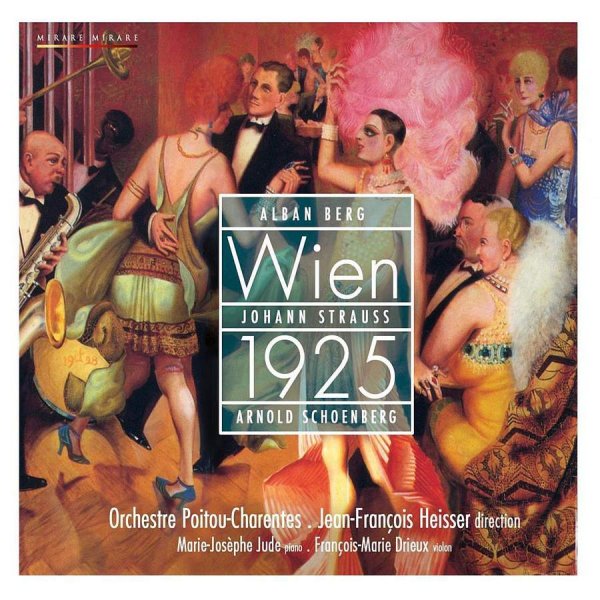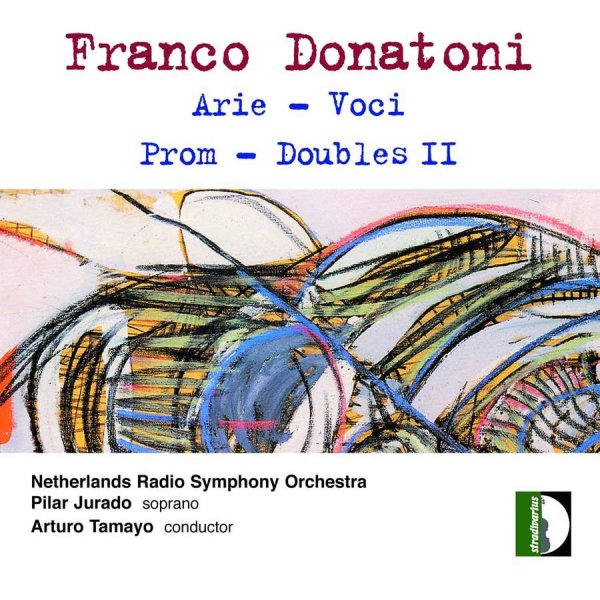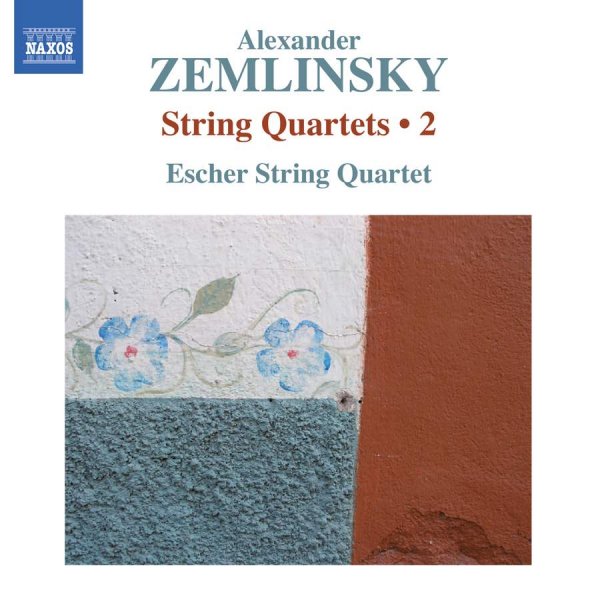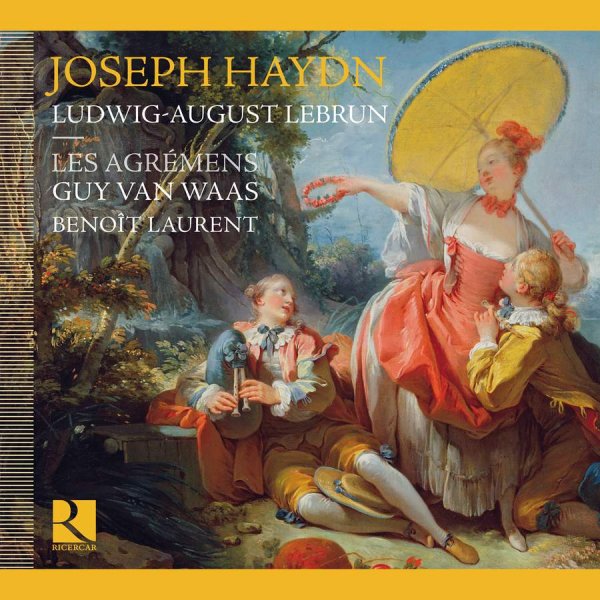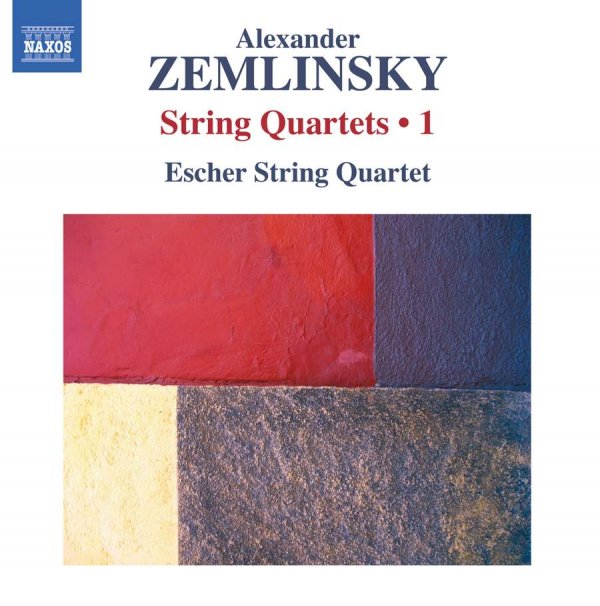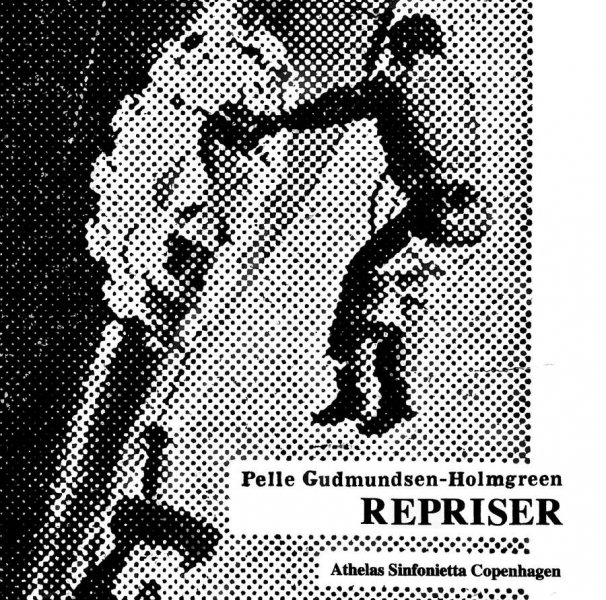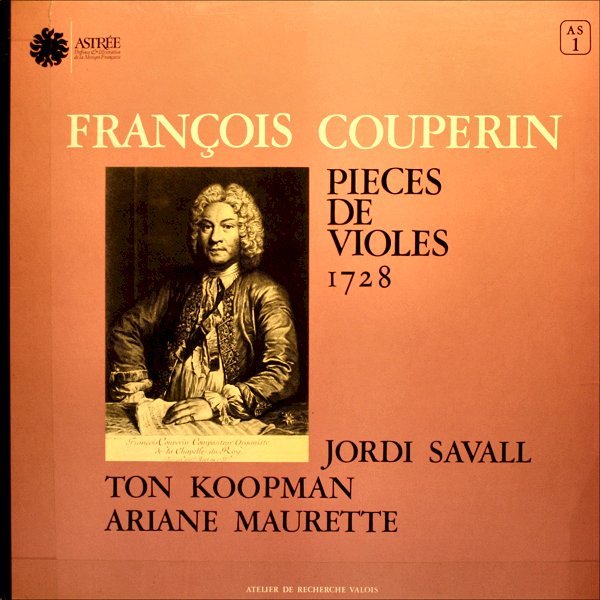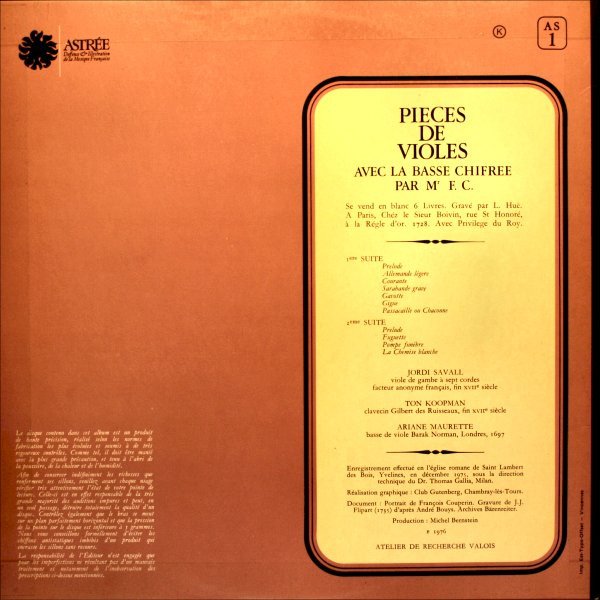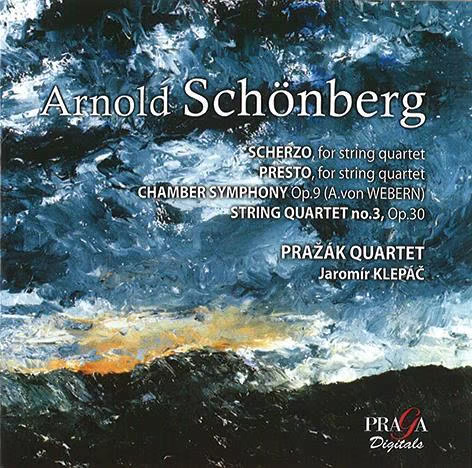What are you currently listening to (Classical)?
- Thread starter Bachtoven
- Start date
You are using an out of date browser. It may not display this or other websites correctly.
You should upgrade or use an alternative browser.
You should upgrade or use an alternative browser.
Two nights ago I was Carnegie and heard a delightful concert by the Philadelphia Orchestra. It opened with a newly commissioned modern piece that I will not discuss.
The second piece was Mozart's Clarinet Concerto K622 (he wrote 2 of them) which was remarkable for two reasons. First, it featured an instrument known as the bassett clarinet. The bassett plays in a register much lower than the traditional clarinet and it surprised me as I have never heard one before. The second noteworthy part is that the featured soloist was Ricardo Morales, who normally is the Principal clarinetist with the Orchestra. Morales is somebody most people probably have never heard of. However, he is considered by many orchestra musicians the world over (both clarinetists and non-clarinetists) as arguably the greatest living orchestra player in the world, on any instrument!! Let that sink in. I never heard of the guy either but I was transfixed by his playing. His tone is exquisite, his playing and expression was nonpareil. It's hard to believe he has not recorded this signature clarinet concerto yet and my hope is that a live recording will be made of the concert that I heard that night. He is a truly a rock star. Yet when he returned to his normal job of Principal clarinetist for Mahler's 4th, he became just another member who blended in seamlessly in what many think is the best orchestra in the world today. Yannick almost tackled him at the end of his performance with bear hugs. It was joyous performance to behold.
The main featured work after intermission was Mahler's 4th. For those not familiar with he work, it is considered one of Mahler's most bouyant, happiest symphonies, but that only starts to capture the beauty of this one. (In contrast, some of his symphonies, like the 6th, can have you reaching for prozac well before the piece is over) . As many times as I've heard it, hearing Yannick conduct it was like hearing it in a very exalted state that only few conductors seem to have achieved. It is rare for me to hear performance like this and openly wonder if I am hearing something truly extraordinary that this particular conductor brought to the table that many others do not, at least for me . So the fun part was that last night, I played excepts of M4 from many other conductors. (The beauty of Roon in this regard is unequalled, which is one reason I use it). I played those passages that I found highly moving. One example is the back half of the 3rd movement and its continuation into the 4th. At the concert, I was surprisingly moved to tears in parts of the movement and I wanted to see if I could relive that emotional experience when the piece was conducted by others.
Often times,, when comparing performances of conductors, it's common (and easy) to play the passages that are big and dynamic. But the emotions that came over me in the 3rd movement are were more sublime, as the music is almost heavenly and other wordly, as only Mahler can be. So after many hours of listening, it came as no surprise to me that Lenny gets what Mahler is doing here about as any mortal can. It was this passage of utter beauty and then moving into the 4th movement with its eerie soprano solo, that makes the piece the "prayer" that it is. I found that Yannick Nezet-Seguin did this so well with his band, that he captured the same magic I hear on Bernstein's recording (his first serie,s 60-67 w CBS/Sony, when he was young. It's interesting to hear Bernstein's changes with the years by listening to his second go around on DGG in the late 80's. But I digress). The point is, Yannick knocked me out with ability to "get" what Mahler is saying so to speak, much like Bernstein does.
The real surprise of the night was listening to Ivan Fischer and the BPO do their 4th on Channel Classics. I gotta admit, Ivan Fisher's 4h is as good as it gets as Fischer "gets" Mahler just like those other guys! Such exquisite phrasing and conducting chops combined with a first rate recording made this M4 sing for me. It is in these moving quiet passages that great conductors often make the composer speak to you. Conversely, the biggest disappointing reading, surprisingly for me, was Abbado. I felt like he was dialing it in and had nothing to say at all that i could relate to. The music just sounded disconnected and not part of a whole narrative at all. Hard to believe he was playing the same notes as the other guys. Yet he's considered a pretty good Mahlerite so what the hell do I know?
Anyway, that was a brief adventure of what live music can to do which then made me take a deeper dive into the myriad of ways a piece can (or has been) been performed by great conductors. They can make you hear the composer like you never heard them before. And that is a joyous thing.
The second piece was Mozart's Clarinet Concerto K622 (he wrote 2 of them) which was remarkable for two reasons. First, it featured an instrument known as the bassett clarinet. The bassett plays in a register much lower than the traditional clarinet and it surprised me as I have never heard one before. The second noteworthy part is that the featured soloist was Ricardo Morales, who normally is the Principal clarinetist with the Orchestra. Morales is somebody most people probably have never heard of. However, he is considered by many orchestra musicians the world over (both clarinetists and non-clarinetists) as arguably the greatest living orchestra player in the world, on any instrument!! Let that sink in. I never heard of the guy either but I was transfixed by his playing. His tone is exquisite, his playing and expression was nonpareil. It's hard to believe he has not recorded this signature clarinet concerto yet and my hope is that a live recording will be made of the concert that I heard that night. He is a truly a rock star. Yet when he returned to his normal job of Principal clarinetist for Mahler's 4th, he became just another member who blended in seamlessly in what many think is the best orchestra in the world today. Yannick almost tackled him at the end of his performance with bear hugs. It was joyous performance to behold.
The main featured work after intermission was Mahler's 4th. For those not familiar with he work, it is considered one of Mahler's most bouyant, happiest symphonies, but that only starts to capture the beauty of this one. (In contrast, some of his symphonies, like the 6th, can have you reaching for prozac well before the piece is over) . As many times as I've heard it, hearing Yannick conduct it was like hearing it in a very exalted state that only few conductors seem to have achieved. It is rare for me to hear performance like this and openly wonder if I am hearing something truly extraordinary that this particular conductor brought to the table that many others do not, at least for me . So the fun part was that last night, I played excepts of M4 from many other conductors. (The beauty of Roon in this regard is unequalled, which is one reason I use it). I played those passages that I found highly moving. One example is the back half of the 3rd movement and its continuation into the 4th. At the concert, I was surprisingly moved to tears in parts of the movement and I wanted to see if I could relive that emotional experience when the piece was conducted by others.
Often times,, when comparing performances of conductors, it's common (and easy) to play the passages that are big and dynamic. But the emotions that came over me in the 3rd movement are were more sublime, as the music is almost heavenly and other wordly, as only Mahler can be. So after many hours of listening, it came as no surprise to me that Lenny gets what Mahler is doing here about as any mortal can. It was this passage of utter beauty and then moving into the 4th movement with its eerie soprano solo, that makes the piece the "prayer" that it is. I found that Yannick Nezet-Seguin did this so well with his band, that he captured the same magic I hear on Bernstein's recording (his first serie,s 60-67 w CBS/Sony, when he was young. It's interesting to hear Bernstein's changes with the years by listening to his second go around on DGG in the late 80's. But I digress). The point is, Yannick knocked me out with ability to "get" what Mahler is saying so to speak, much like Bernstein does.
The real surprise of the night was listening to Ivan Fischer and the BPO do their 4th on Channel Classics. I gotta admit, Ivan Fisher's 4h is as good as it gets as Fischer "gets" Mahler just like those other guys! Such exquisite phrasing and conducting chops combined with a first rate recording made this M4 sing for me. It is in these moving quiet passages that great conductors often make the composer speak to you. Conversely, the biggest disappointing reading, surprisingly for me, was Abbado. I felt like he was dialing it in and had nothing to say at all that i could relate to. The music just sounded disconnected and not part of a whole narrative at all. Hard to believe he was playing the same notes as the other guys. Yet he's considered a pretty good Mahlerite so what the hell do I know?
Anyway, that was a brief adventure of what live music can to do which then made me take a deeper dive into the myriad of ways a piece can (or has been) been performed by great conductors. They can make you hear the composer like you never heard them before. And that is a joyous thing.
Last edited:
François Couperin: Les Nations (1726)
Hespèrion XX - Jordi Savall
rec. May, 1983
Monica Huggett (violin), Chiara Banchini (violin), Jordi savall (bass viol), Ton Koopman (harpsichord), Hopkinson Smith (theorbo), Stephen Preston (flute), Michel Henry (oboe), Claude Wassmer (bassoon), Ku Ebbinge (oboe)
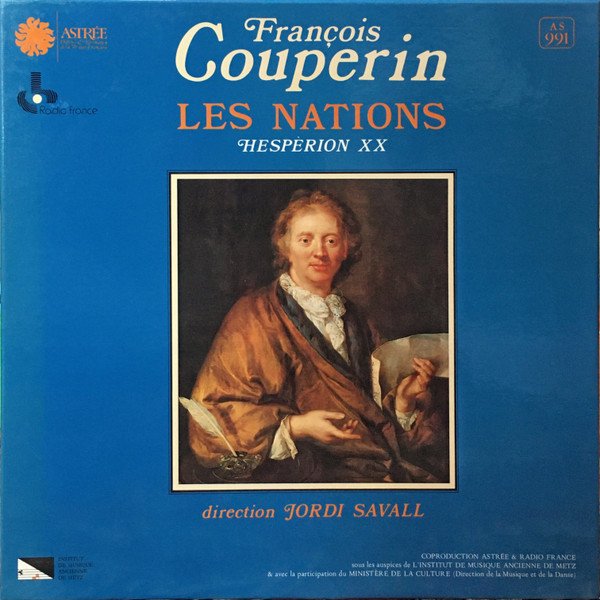
Hespèrion XX - Jordi Savall
rec. May, 1983
Monica Huggett (violin), Chiara Banchini (violin), Jordi savall (bass viol), Ton Koopman (harpsichord), Hopkinson Smith (theorbo), Stephen Preston (flute), Michel Henry (oboe), Claude Wassmer (bassoon), Ku Ebbinge (oboe)

Interesting...probably very well recorded/mastered, rich interpretation...and Tom Koopman and Stephen Preston (who are recording artists in their own right). What do you think of it?François Couperin: Les Nations (1726)
Hespèrion XX - Jordi Savall
rec. May, 1983
Monica Huggett (violin), Chiara Banchini (violin), Jordi savall (bass viol), Ton Koopman (harpsichord), Hopkinson Smith (theorbo), Stephen Preston (flute), Michel Henry (oboe), Claude Wassmer (bassoon), Ku Ebbinge (oboe)
View attachment 101632
I've lived with these recordings for 36 years and treasure them. The mixing of differing instrumentations from movement to movement (typical of Savall's interpretations from that era) are somewhat anachronistic sounding now but the performances by this "all-star" line up are wonderful. With my current hearing difficulties (SSNHL) I refrain from commenting on sound quality any more but I used to think these were among the best.Interesting...probably very well recorded/mastered, rich interpretation...and Tom Koopman and Stephen Preston (who are recording artists in their own right). What do you think of it?
Kills me that this isn't available on vinyl
But it's a digital recording..........................Kills me that this isn't available on vinyl
But I have no digital other than Spotify on my phone. I can listen and have listened, but only on headphones...But it's a digital recording..........................
Similar threads
- Replies
- 184
- Views
- 17K
- Replies
- 17
- Views
- 860
- Replies
- 46
- Views
- 2K
- Replies
- 1
- Views
- 1K
- Replies
- 26
- Views
- 2K
| Steve Williams Site Founder | Site Owner | Administrator | Ron Resnick Site Owner | Administrator | Julian (The Fixer) Website Build | Marketing Managersing |


